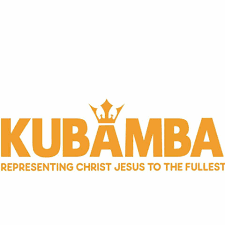Photo Courtesy of Israel in Kenya.
Israel’s 36th government was sworn in on 13th July 2021 after a coalition government initiative led by Yair Lapid and Naftali Bennett got a vote of confidence at the Israeli Knesset ending H.E Benjamin Netanyahu’s 12-year uninterrupted reign as Prime Minister. The vote was won narrowly at 60 to 59 votes ending an election deadlock that has seen Israel hold four elections in two years.
Diversity of the coalition cannot be exhausted in discussion which comprises of eight political parties including the first ever Arab party in government in the history of modern Israel (Liebermann, 2021), in the words of the newly sworn in Prime Minister, “I am proud of the ability to sit together with people with very different views from my own." Historically in Israel, Benett’s Yamina Party occupies only seven seats in the Israeli Knesett, another first which translates to only 11% of all seats in the Knesset. Netanyahu leads the Israeli majority party Likud which over time has maintained at least 30 seats in the Knesset which is half of the Israeli Parliament since 1977 four years after its founding in 1973 as a right wing party.
The coalition government protocols dictate that Bennett rules for the first two years and hand over power to Yair Lapid who will rule for another two years. Key pointers to Bennett’s focus for the two years’ center around domestic matters:
- State and religion relationship
- Cost of living
- Quality of life
The first three months of this government are a fundamental test in matters budget, Israel has not passed a budget since March 2018. The new government is expected to pass one in the next three months’ failure to which the Knesset will dissolve it plunging Israel into her fifth election in two years.
The new Israeli government comprises of 27 ministers, six deputy ministers including the first Arab in an Israeli government, head of the Arab joint list, Mansour Abbas working as the Deputy Minister of Arab Affairs in the Prime Minister’s Office, Hamad Amar – Minister in the Finance Ministry (Druze) and Esawi Frej, Minister of Regional Development who is a Muslim.
More to Follow….
admin@erezafrica.com







